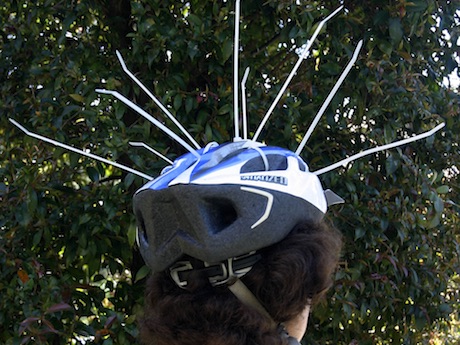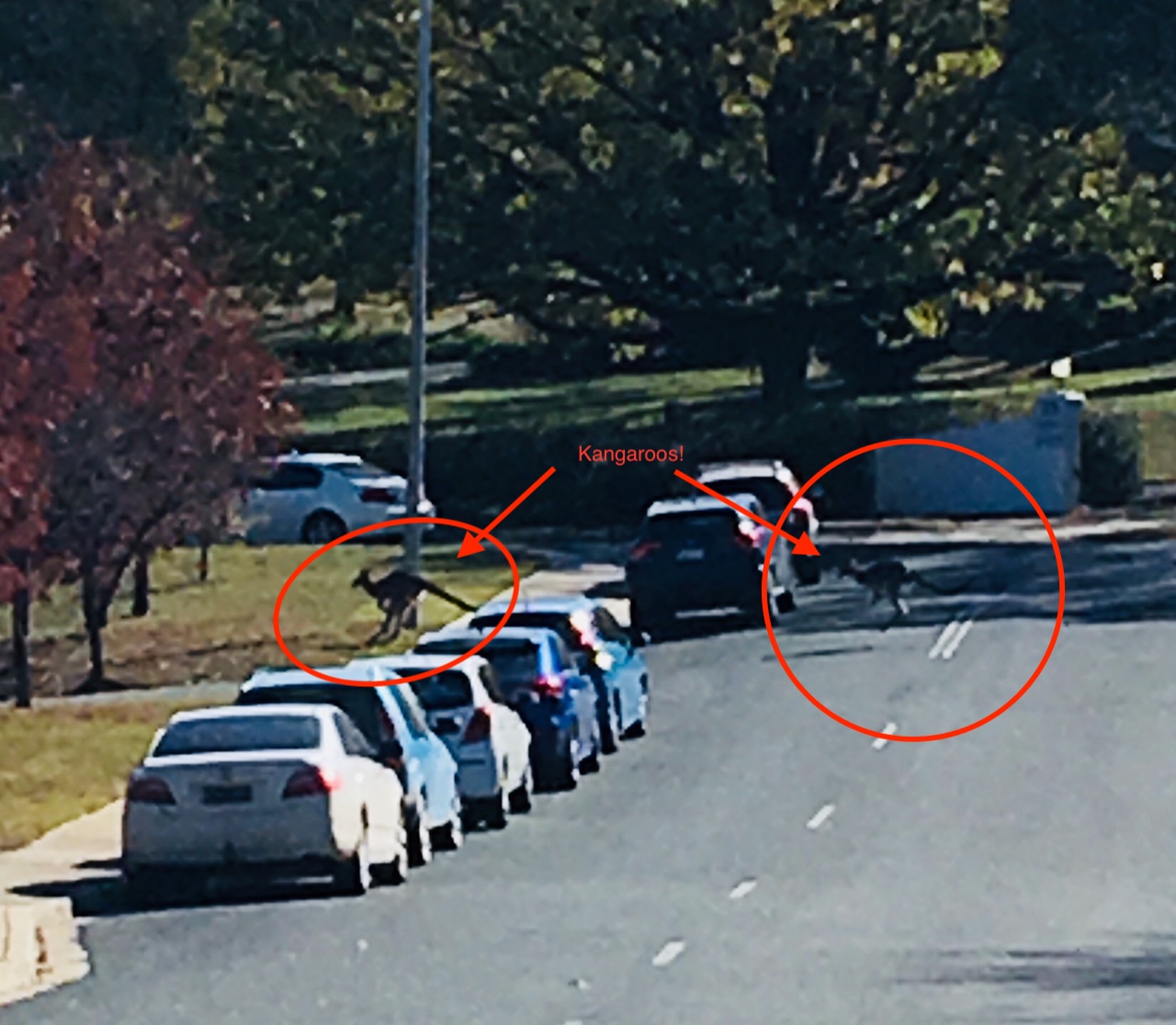Sometimes you can’t miss it when the universe is trying to tell you something.
Last Saturday we left Turkey after three wonderful (albeit crazily covid-y) years in Istanbul. It’s been a struggle to keep my tears in check for several weeks now. Whether saying goodbye to a dear friend, or simply cresting a hill on the way to work and catching a glimpse of the Bosporus shimmering in the early morning sunlight in the distance, this has been a hard and teary goodbye.
Bright and early Saturday morning we left our house and the tears started before we’d even exited the parking garage. B and C – both of whom have been more excited about this move back to the US than I – were gazing firmly into the future while I was focused on the last views of our compound, and then the mall, and then the neighborhood, step by step away from what has been a wonderful life and tour. In so many ways I was not ready to leave.
I made it back to Dulles without breaking down too much, but as we entered the immigration hall I glanced up to the ever changing “welcome” sign – which greets visitors and saw “America’ya hos geldiniz” – Turkish for “Welcome to America.” The tears started again. I tamped them down as we approached the CBP officer at Immigration.
“How long were you outside the United States?” he asked.
“Three years, we’re PCS’ing back from Turkey,” B answers.
“Really?” the CBP officer says. “Welcome home! My mother’s family is from Turkey. I went there for the first time last year – it’s an amazing place,” he continues.
Tears start welling up in my eyes again as I’m thinking “Yes, it is.”
He quickly waves us on and we head to our luggage carousel. On the way, we pass a man holding a folder with a large “Turkish Airlines” note and logo (we arrived via United).
We arrive at our hotel and while checking in, the young man at the desk asks where we live.
“Here, I guess,” I respond. “We’re just returning from an overseas tour and our house is empty.”
“Really?” he says. “I’m a foreign service kid – welcome home! Where were you posted?”
“Istanbul,” I say.
“So cool,” he says. “I hope it was a great tour.”
A few minutes later, in our room, a knock at the door announces the arrival of our bazillion bags (well, really, 12, but it feels like a bazillion when you are used to traveling entirely with carry-on luggage).
“Hi,” says the bellman. “My name is Ali, where are you folks coming in from?”
“Turkey,” I say.
“Really?” he responds. “My mom lives there – in Izmir. How long were you in Turkey?”
“Three years,” I answer. “We were posted there. How do you like Izmir?”
“Love it,” he says. “It’s a beautiful place, but I really love Istanbul.”
Indeed.
As we waited for him to bring in all the bags, fighting the exhaustion of an almost 24 hour travel day, I realized that there was message in all this. The universe was trying to tell me that I did not leave Istanbul behind completely. She – and Turkey – are all around. At the little kebab restaurant we passed on the highway, in the baklava being sold at a restaurant in the mall, in the thousands of Turkish immigrants and visitors all over this city and the United States (some of whom are here because I approved their visas).
And, this morning, as I drove B to his first day of work, we joined the throng of traffic on the George Washington Memorial Parkway and I caught a glimpse of the Potomac River. Then I also realized that, while I am definitely going to miss the majesty and strength of the Bosphorus and the quirky hilly maze of Istanbul, I do love this beautiful capital city of ours. I love its green spaces and orderly traffic and youthful vibe – and its own little river that shimmers in the morning light, and is worthy of gazing out at.


































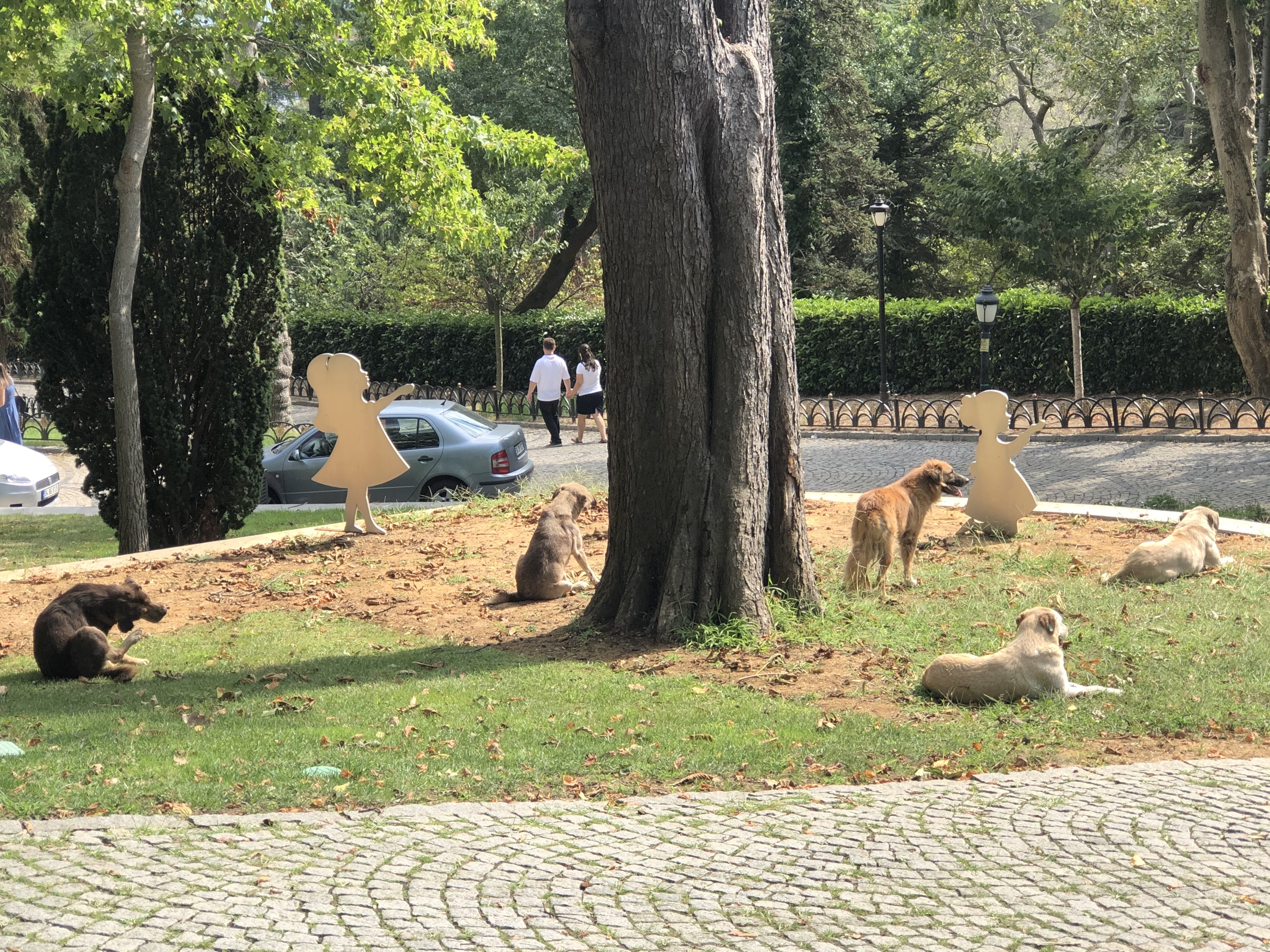











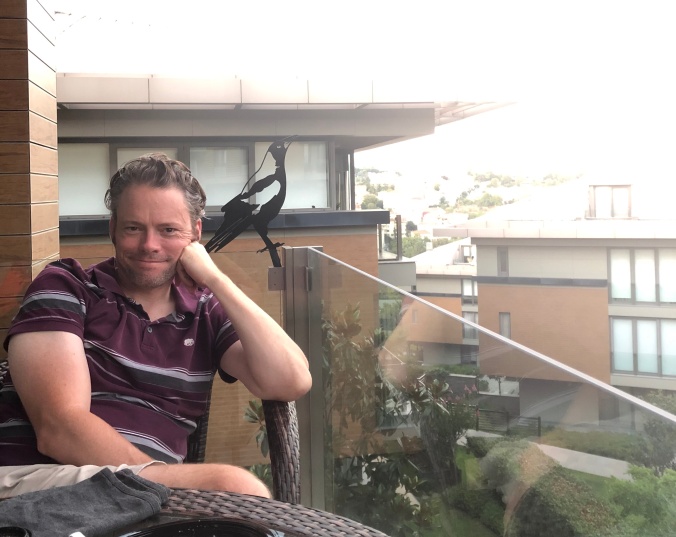











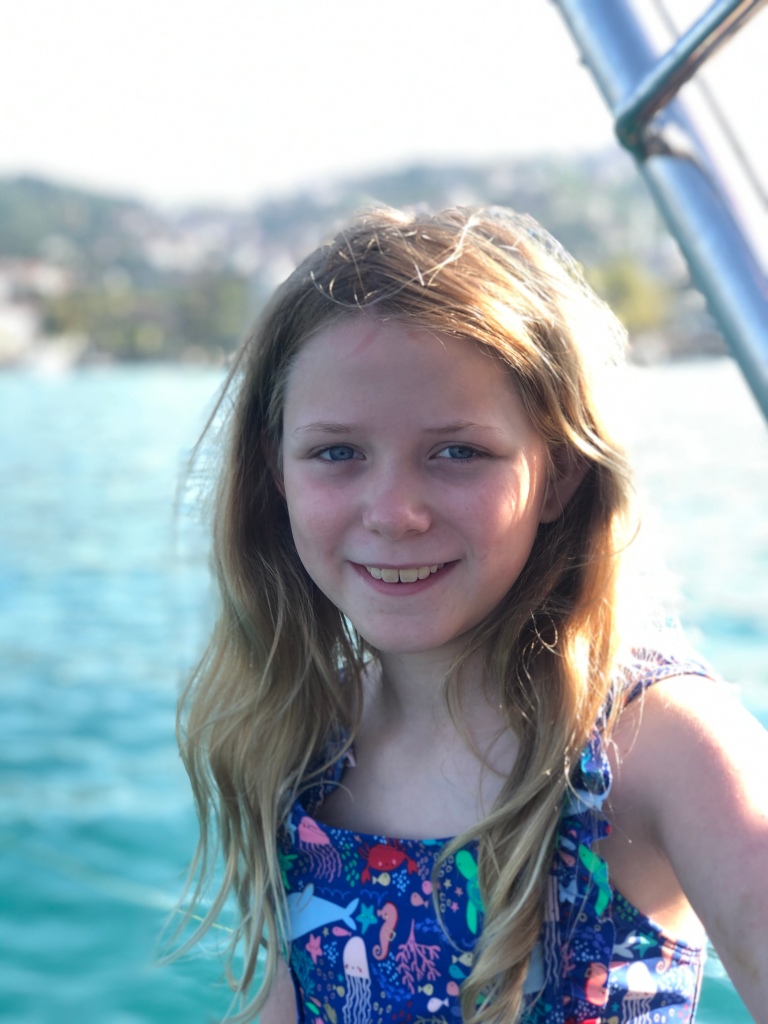



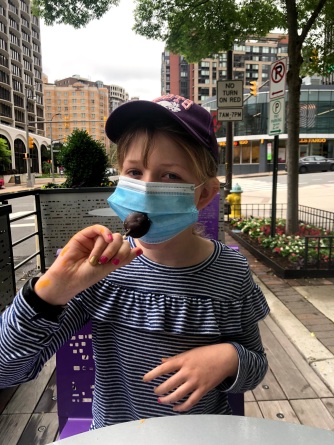








 It’s a cruel irony of this Foreign Service life that coming back to the U.S. – home – often seems like the hardest transition we make. I’m not gonna lie, I thought was READY to leave Australia. I felt like I was ready almost before we got there. I cried when we got the assignment and somehow managed to convince myself that my initial disappointment in the posting should translate into two years of, basically, waiting to get home.
It’s a cruel irony of this Foreign Service life that coming back to the U.S. – home – often seems like the hardest transition we make. I’m not gonna lie, I thought was READY to leave Australia. I felt like I was ready almost before we got there. I cried when we got the assignment and somehow managed to convince myself that my initial disappointment in the posting should translate into two years of, basically, waiting to get home. I suspect part of what I’m feeling is that in retrospect I’ve realized our Australian tour was wonderful in a million different ways that I was too stubborn to acknowledge while we were in the middle of it. But, in addition to that, I am desperate to get back to feeling “settled.”
I suspect part of what I’m feeling is that in retrospect I’ve realized our Australian tour was wonderful in a million different ways that I was too stubborn to acknowledge while we were in the middle of it. But, in addition to that, I am desperate to get back to feeling “settled.”



